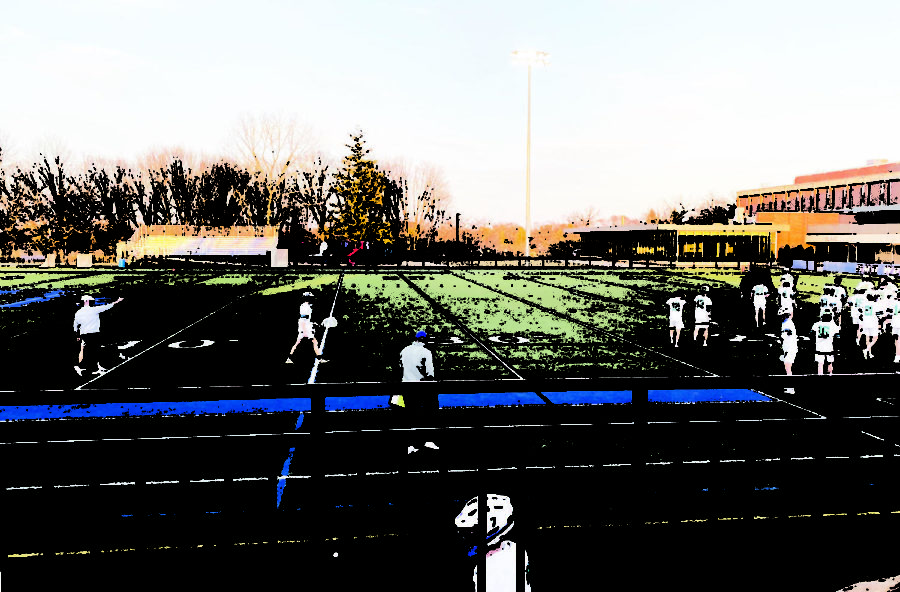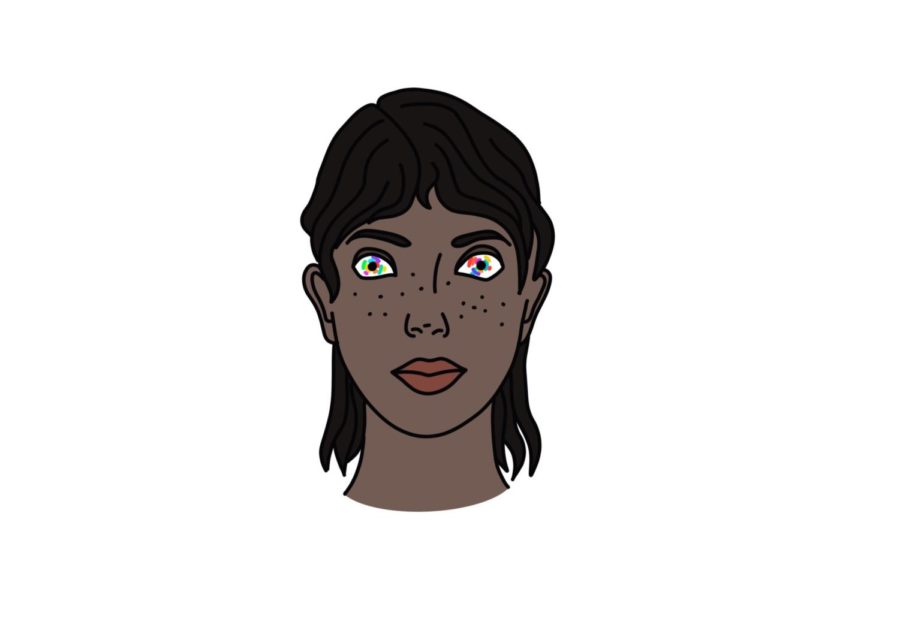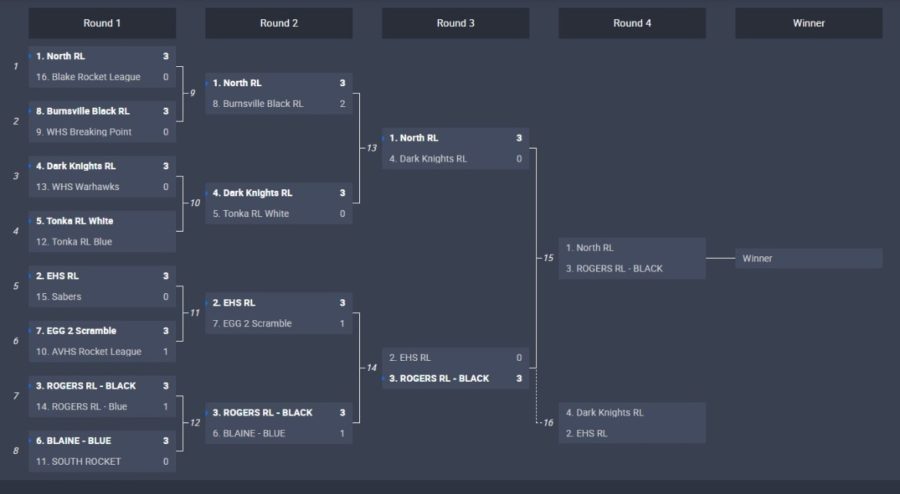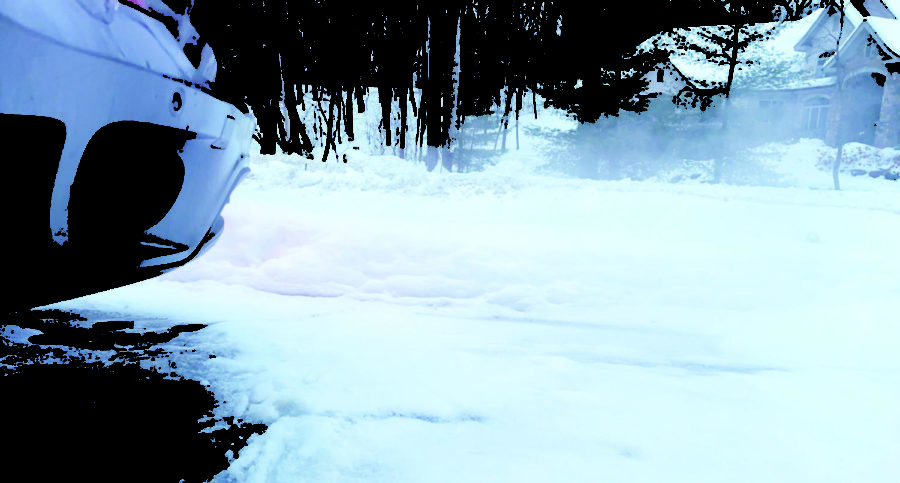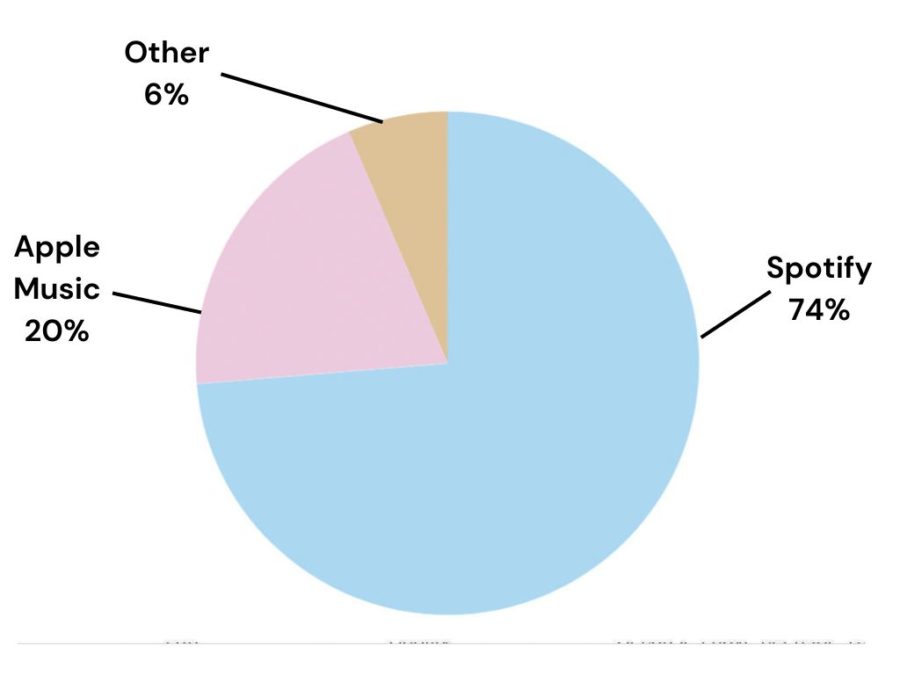The general idea of daylight savings time is originally credited to Benjamin Franklin, in 1784, and was introduced primarily in the midst of world war 1 to conserve electricity, much to the protests of farmers, who argued that their world revolved around the sun, not an arbitrary clock system.
With the invention of sunrise standard time, a system with clocks that continually and gradually adjust their speed, running faster in the spring. Although operating under the same rules as our current time system, the sunrise standard clocks seconds shift to being slightly longer or slower, depending on the time. These clocks will be used in The Sunshine Protection act, which was unanimously approved by the senate on March fifteenth 2022, meaning the the next time we spring forward, we’ll never fall back, erasing the clock confusion that tends to plague American households.
However, in Minnesota, this creates a different problem. While we are already used to rising in the dark during the winter months, the sun will not rise until eight in the morning, for the winter months, eventually creating one hundred days without early morning sunlight. And while The Sunshine Protection Act hurts us in the winter, we won’t get to reap any rewards in the summer, with similarly timed early sunrises and sunsets.
Although Florida Senator Marco Rubio believes that the bill’s effects will prevent seasonal depression in children by giving them more time to play outside, Minnesota’s winters are frigid, and no one wants to be out there, unless it is necessary. Not only does the bill do little for Minnesotans, it could have negative side effects, with long dark mornings that have been attributed to worse mental health, as well as seasonal depression. Alongside the mental health risks the bill carries, doctors also fear potential health risks as human bodies struggle to adjust to the sudden changing daylight hours in the winter.

